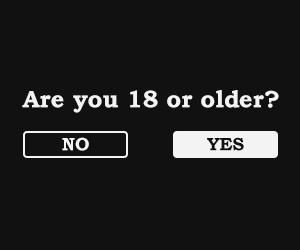part 1 Judge FERRARIS, JR
Author: 79467545 • 322 views • 2024-04-01 15:41:12
The Court agrees with the OCA's findings but modifies the recommended penalties, following the amendments in Rule 140 after Rules of Court (Rule 140).
Rule 140 of the Rules of Court governs administrative disciplinary cases against judges. Several amendments were later introduced. In A.M. No. 18-01-05-SC[21], the Court amended Rule 140 to include the entire Judiciary personnel.
In A.M. No. 21-03-17-SC[22], the Court increased the imposable fines taking into account the depreciation of the value of the Philippine Peso. In A.M. No. 21-08-09-SC[23], the Court further amended Rule 140 by classifying certain offenses as serious, less serious, and light charges, increasing the period of suspension, and categorically providing for the retroactive application of the amendments. A.M. No. 21-08-09-SC sought to introduce an updated disciplinary framework for the entire Judiciary and harmonize existing jurisprudence on classifying offenses and imposing penalties.[24]
Before its amendment, Section 9,[25] Rule 140 of the Rules of Court[26], classifies undue delay in rendering a decision or order and violating the relevant circulars as less serious charges. Section 11[27], on the other hand, prescribes the penalty of suspension from office without salary and other benefits for not less than one (1) month but not more than three (3) months or a fine of more than P10,000.00 but not exceeding P20,000.00.
In A.M. No. 21-08-09-SC, the offense of "undue delay in rendering a decision or order" was removed. Instead, it can be considered either as gross or simple neglect of duty in the performance or non-performance of official functions classified as serious and less serious charges[28], respectively:
Section 14. Serious Charges. — Serious charges include:
x x x x
(d) Gross neglect of duty in the performance or non-performance of official functions;
Section 15. Less Serious Charges. — Less serious charges include:
x x x x
(b) Simple neglect of duty in the performance or non-performance of official functions; The new rule also categorically provides that multiple penalties must be imposed for multiple offenses:
Section 21. Penalty for Multiple Offenses. – If the respondent is found liable for more than one (1) offense arising from separate acts or omissions in a single administrative proceeding the Court shall impose separate penalties for each offense. x x x In Boston Finance and Investment Corporation v. Gonzales,[29] the Court explained that "the multiplicity of penalties to be imposed on judges and justices is consistent with the higher level of decorum expected from them."[30]
To share this notes please copy this URL and send it to your friends
Important :
This text must comply to our Terms and Conditions otherwise it will be removed from our Server.





